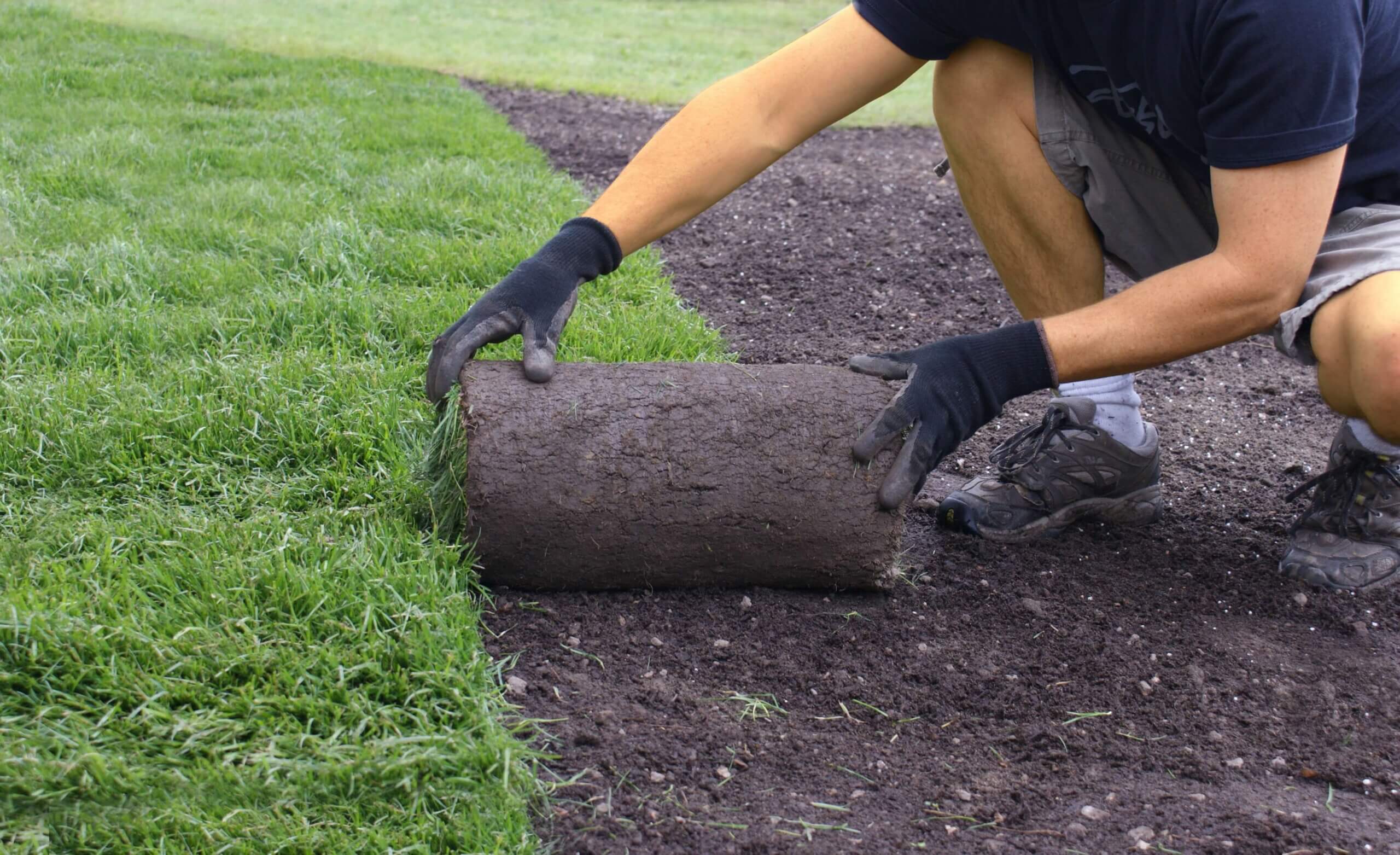If you’re striving for a lush, healthy garden or lawn, you’ve likely faced the challenge of pest control. While chemical pesticides have long been the go-to solution, they come with risks to the environment, pollinators, and even human health. There’s a better, more sustainable option: biological pest control. This natural method uses beneficial insects and microorganisms to manage pests – reducing or even eliminating the need for harsh chemicals. Let’s explore why this eco-friendly approach is gaining ground with environmentally-conscious gardeners and landscapers alike.
What Is Biological Pest Control?
Biological pest control involves using natural predators, parasites, or pathogens to manage unwanted insects and pests in your garden. Instead of disrupting the ecosystem with synthetic sprays, you let nature do the work.
Popular examples include:
- Ladybugs for aphids
- Nematodes for soil-dwelling pests like root weevils and European chafers
- Lacewings for soft-bodied insects like mealybugs
- Parasitic wasps for caterpillar or beetle infestations
Key Benefits of Biological Pest Control
1. Reducing Dependence on Chemical Pesticides
Synthetic pesticides can contaminate soil and water sources, harm pollinators, and disrupt beneficial insect populations. Biological control methods minimize environmental impact while providing effective pest management.
2. Preserving Biodiversity
A diverse ecosystem is essential for maintaining plant health and resilience. By using natural predators instead of chemicals, biological pest control helps sustain a healthy balance of organisms within the landscape.
3. Cost-Effective and Long-Lasting Solutions
While chemical treatments often require repeated applications, many biological control agents establish themselves within the ecosystem, providing long-term pest management with minimal intervention. This can result in significant cost savings over time.
Effective Biological Pest Control Strategies
Ladybugs: Natural Predators of Aphids
Aphids are one of the most common garden pests, causing damage by feeding on plant sap. Ladybugs are highly effective at controlling aphid populations, making them a valuable addition to any integrated pest management plan.
Nematodes: Soil-Dwelling Pest Control
For pests that attack plants at the root level, beneficial nematodes offer an invisible yet powerful solution. These microscopic organisms naturally seek out and eliminate pests such as grubs, root weevils, and European chafers, improving soil health in the process.
Implementing Biological Pest Control in Your Landscape
Whether you are managing a residential garden, a commercial landscape, or a large green space, biological pest control can be an integral part of an eco-friendly landscape management strategy. It is especially beneficial for:
- Organic gardening and farming
- Pollinator-friendly landscapes
- Pet- and child-safe gardens
- Long-term ecosystem health and sustainability
By adopting biological pest control, you contribute to a more sustainable and resilient environment while maintaining the beauty and health of your outdoor spaces.
Conclusion: A Smarter Approach to Pest Management
Biological pest control is more than an alternative to chemical pesticides—it is a forward-thinking, environmentally responsible solution for maintaining healthy landscapes. By leveraging natural predators and beneficial microorganisms, gardeners and landscapers can achieve effective pest control while preserving the integrity of the ecosystem.
For those seeking sustainable landscape management solutions, biological pest control is a proven and effective strategy that aligns with modern environmental best practices.
Looking for expert guidance on sustainable landscaping? Contact us today to explore eco-friendly pest management solutions tailored to your needs.




 Contact Us
Contact Us